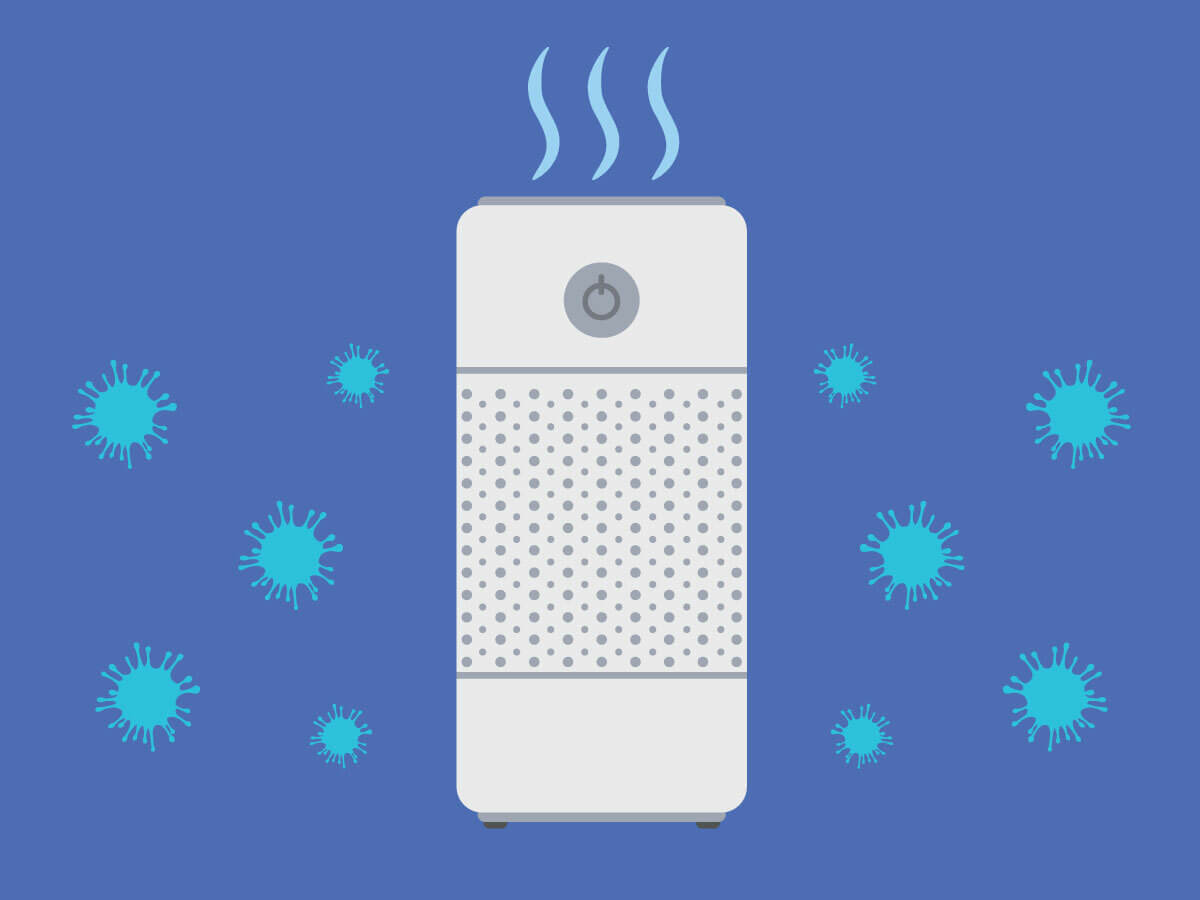
Air purifiers are commonly used for medical and nonmedical purposes. This makes them extremely popular items amongst U.S. consumers. If you’re buying yours from another country, you’ll need to abide by a variety of government regulations.
Key Takeaways:
I’ll guide you through the requirements that you’ll need to meet to get your air purifiers into the country.
There are three primary government agencies that regulate the importation of air purifiers.
Air purifiers are commonly used for medical purposes. If this is how your products will be used, then you’ll need to follow the FDA’s radiation-emitting medical device regulations.
Nonmedical purifiers that are intended to remove air-borne pesticides will be regulated by the EPA. This agency wants to ensure your devices will be safe for the environment and any consumers that use it.
CBP plays a limited role in regulating the entry of these products into the country. They’re mainly concerned with ensuring you submit the correct documents and follow the standards of the other agencies that regulate these goods. In the following sections, I’ll walk you through the different requirements of each agency you’ll need to know.
Imported air purifiers intended for medical use are regulated by the FDA. Since these products produce a small amount of electromagnetic radiation, they’ll be considered a Class II radiation-emitting medical device.
As a result, you’ll need to follow the FDA’s regulations for importing these products. First, you must ensure the manufacturer meets the FDA’s requirements.
Entry information about your air purifiers will have to be sent to CBP using their Automated Commercial Environment (ACE) system. The details you provide will be transferred electronically to the FDA.
You’ll need to submit Declaration of Products Subject to Radiation Control Standards, also known as a Form FDA 2877. This document should be sent to the FDA when your products enter the country.
Related: The Complete Guide To FDA Customs Clearance
The EPA will require you to complete a few different requirements before you can bring your air purifiers into the country.
FIFRA is a federal law that’s overseen by EPA to protect consumers from pesticides. If your air purifier claims to kill, inactivate, entrap, or suppress pesticides, it will be subject to FIFRA labeling.
FIFRA labeling requirements include:
If you don’t already have an EPA Company Number, you’ll need to obtain one. You can do this by accessing and completing the Company Number Generator application. During this process, you’ll need to provide detailed information on your place of business.
After completing the application, you’ll need to attach a signed letter to a company letterhead. You’ll also need to establish an official address with the EPA. After finishing these two steps, you’ll receive a Company Number, this is used to identity your company to the EPA as an importer.
You can then move on to obtaining an EPA establishment number. To get your EPA establishment number, you’ll need to complete an EPA Form 3540-8 and submit it to a regional office. The document can be sent electronically or printed out and physically mailed.
Before your air purifiers arrive in the U.S., you’ll need to submit an EPA Form 3540-1. This applies to all purifiers, regardless of if they claim to remove pesticides or not. The document must be sent to CBP before any pesticide-related devices can be shipped into the United States. Failure to comply with these regulations could have serious ramifications.
CBP doesn’t have any specific regulations on the importation of air purifiers, but they will want you to submit some essential documentation. This helps them identify the details of your product and charge you the correct duty rate.
You will also need to take into consideration the ISF Filing requirement for shipments arriving via ocean. This document has to be submitted twenty-four hours before cargo being imported into the U.S. is loaded onto a departing ship.
Failure to submit this critical document at the appropriate time can result in a fine up to $5,000 and seizure of your cargo.
Related: Essential Import Documents
Another important requirement when importing air purifiers to the U.S. is ensuring your products are classified with the correct HTS code. Harmonized Tariff Schedule (HTS) codes are product classifications for customs. It’s essential to know these when you’re importing air purifiers to the U.S. in order to establish your rate of duty.
Related: What is the HTSUS?
You can find the HTS code for air purifiers under the 8424 heading. There are numerous subheadings that could be applicable to your air purifier. Therefore, you should review each one carefully.
If you fail to classify your air purifiers with the correct HTS code, you can experience significant delays that result in you being liable for paying higher import duty. By working with a customs broker, you’ll be able to assign the correct HTS code and avoid these types of problems.

If you can't find the HTS code for your air purifiers, then use our lookup tool!
Type in a simple word or phrase and find the one you need.
When importing goods to the U.S. from China, it’s essential to research the regulations with which you’ll need to comply. Trade relations between the U.S. and China have been unstable at times, especially since 2018 with the introduction of the Section 301 tariffs.
According to CBP ruling, air purifiers will receive a 25% ad valorem tax. This tax will be in addition to the standard duty rate that’s already applied to your products.
Despite the Section 301 Tariffs imposed on China, the U.S. still imports a considerable amount of air purifiers from this country. If you choose to source from this country, be sure to brush up on these restrictions.
Related: A Guide To China’s Section 301 Tariffs
Air purifiers can vary in price, which can make calculating import duties difficult and often times costly. Fortunately, you can obtain preferential tariff treatment to reduce your costs depending on where you import your products.
To do this, you can take advantage of the of numerous free trade agreements (FTA) the U.S. participates in that reduce or eliminate the duties on imported air purifiers.
This includes:
Depending on how an air purifier is used, it can qualify as a consumer product or a medical device. Fortunately, most consumer and medical devices receive preferential tariff treatment under the USMCA’s rules of origin.
Most CAFTA-DR goods can enter the U.S. free of a duty rate and a merchandise processing fee. The ILFTA and AUFTA provides duty-free treatment on most goods as well. While China is the primary supplier of air purifiers to the U.S., sourcing from countries that share an FTA with the U.S. can lead to cost savings.
Related: Free Trade Agreements
The EPA doesn’t provide a list of approved air purifiers, but they do provide guidance on the size and power of these devices you should get. They recommend using an air purifier with a clean air delivery rate (CADR) that’s high enough for the room it will be kept in.
I’ve provided some data on different room sizes and the minimum CADR that should be used.

Keep in mind, these CADRs are estimates for rooms with 8-foot ceilings. You might require more CADR to match unique dimension needs.
If you want to learn more about good air purifiers to import from overseas, the EPA recommends consulting the Association of Home Appliance Manufacturers (AHAM) on their Certified Clean Air Delivery Rate.
At USA Customs Clearance, we understand the difficulties that can arise when importing air purifiers into the country. That’s why our licensed customs brokers stand ready to provide you with the assistance you require.
They’re up-to-date on all the current regulations that you’ll need to follow to make your import a success. We can also help you obtain some essential documentation for your goods.
Get the documents you need today, or contact our team through the site to learn more about the services we offer. You can also call our team at (855) 912-0406 to ask any questions you might have.

We work with you every step of the way to ensure a smooth and stress-free customs experience.
 Copy URL to Clipboard
Copy URL to Clipboard
Add your first comment to this post